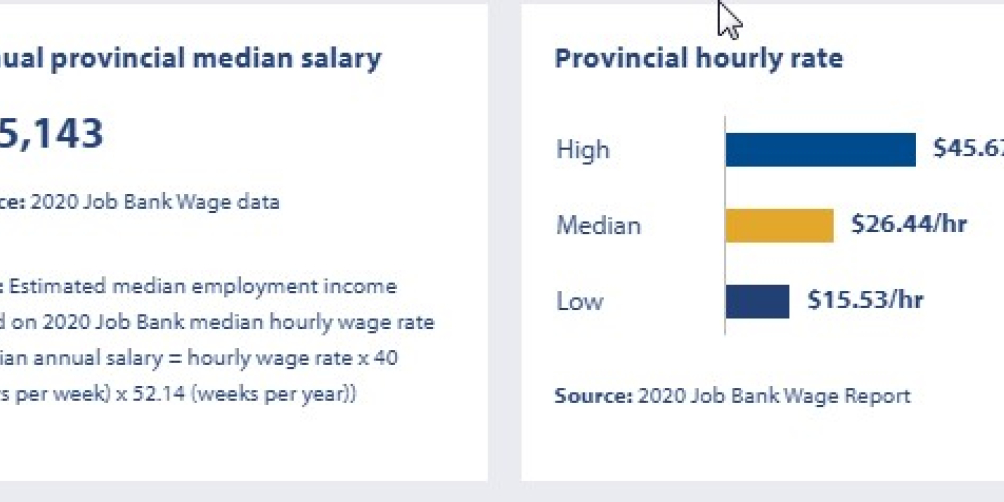Working as a Journalist

Industry Overview
The majority of journalists in BC are employed in the Lower Mainland (62%) and Vancouver Island (16%) regions.
Technology has impacted this occupation in a number of ways. Journalists familiar with new technologies and with good computer skills will have an advantage over others seeking work in this field. Journalists may have to use web access and laptops for remote filing of stories and they may also now play a greater role in offline editing. These technological changes may create a trend towards part-time work and self-employment.
In the last several years, there has been a slow decline in newspaper readership and an increased interest in internet news sites. As a result, prospects for broadcast journalists are improving, and journalists increasingly require knowledge of the internet and related technology.
Due to downsizing, television stations tend to need fewer people, so it is an asset for a journalist to be able to operate a video camera and supply the visuals for their own story. Journalists who can write about scientific or technical subjects will have an advantage in the labour market.
Source: WorkBC Career Profile for Journalists
Job Outlook in BC

Chart from WorkBC
WorkBC provides job openings in BC regions:
| Region | Employment in 2019 |
Average Annual Employment Growth 2019-2020 |
Expected Number of Job Openings 2019-2029 |
|---|---|---|---|
| Vancouver Island | 210 | 0.6% | 80 |
| Lower Mainland / Southwest | 800 | 0.5% | 240 |
| Thompson-Okanagan | 110 | 1.3% | 40 |
| Kootenay | 70 | 1.5% | 20 |
| Cariboo | 40 | 3.5% | 20 |
| North Coast & Nechako | 30 | 2.1% | 10 |
You can learn more about working as a Journalist in BC from:
Types of Employers
Journalists are employed by:
- radio
- television networks stations
- internet sites
- newspapers
- magazines
You may also be self-employed, working on a freelance basis.
Salary
The median annual salary for Journalists in BC is $55,143. The hourly median rate is $26.44/hour.
Earnings – Journalists:

Many journalists work full-time, but some work on a freelance basis and sell their stories to several different publications. Earnings for freelance journalists vary depending on the price you are able to get for their stories, and the number of stories you sell each year.
Usually, the larger the size of the publication, the higher the salary. Publications with a wide circulation often pay the most. Many journalists start out working for small, local papers. Then, they move on to larger publications with a wider circulation.
Journalists working for large newspapers, magazines, or media organizations are often unionized. These positions often include benefits such as dental and health care, paid sick days and paid vacation.
Television reporters' earnings depend on the size of the market they work in. Reporters who broadcast nationally or to large cities earn higher salaries. Those who work in small towns or rural areas earn less. Many reporters start off working in smaller markets. They move up to larger markets as they gain experience
Sources: WorkBC, Career Cruising [profiles for Print Journalist and Television & Radio Reporter]
Working Hours
Journalists work approximately 35–40 hours per week, although you may be required to work longer hours due to deadlines or other factors. The pace of work is also typically fast in order to meet deadlines. Newspaper journalists may have to work late into the night to cover important stories. If you work on a freelance basis you have the freedom to set your own hours, as long as you meet your deadlines.
Entry-level television reporters may work on a temporary contract basis before finding full-time work. You often begin by working nights or weekends. As they gain seniority, they get better shifts. Full-time reporters work 8 to 10 hours a day, and 40 to 50 hours a week. If a big news story breaks, you may have to work long, irregular hours.
Sources: WorkBC and Career Cruising [profiles for Print Journalist and Television & Radio Reporter]
